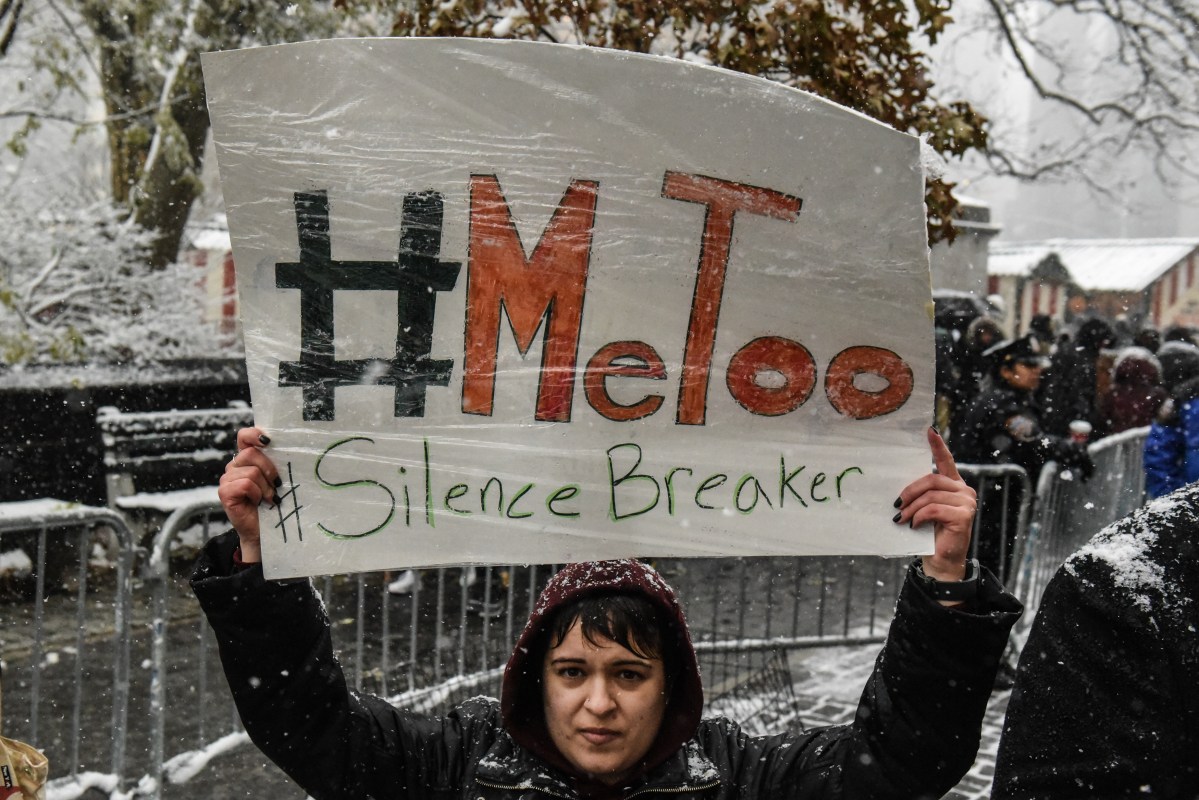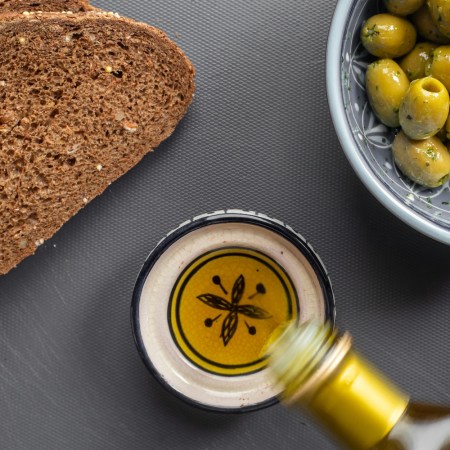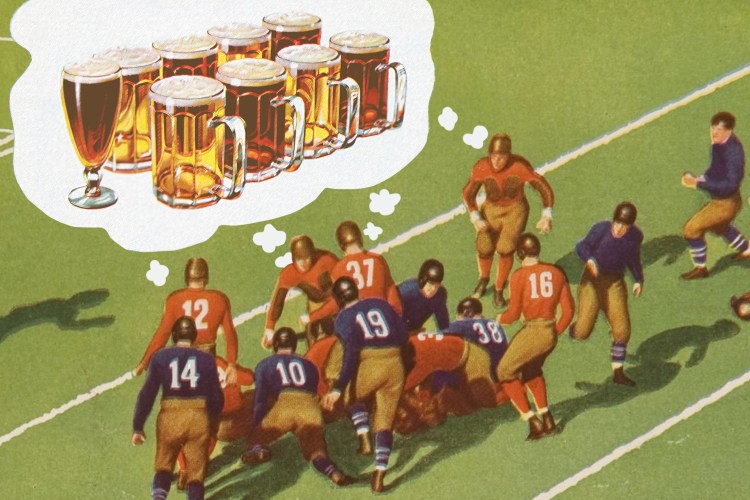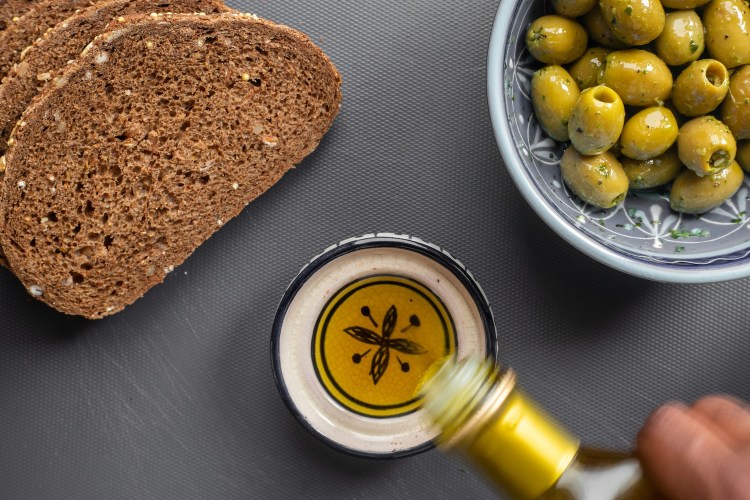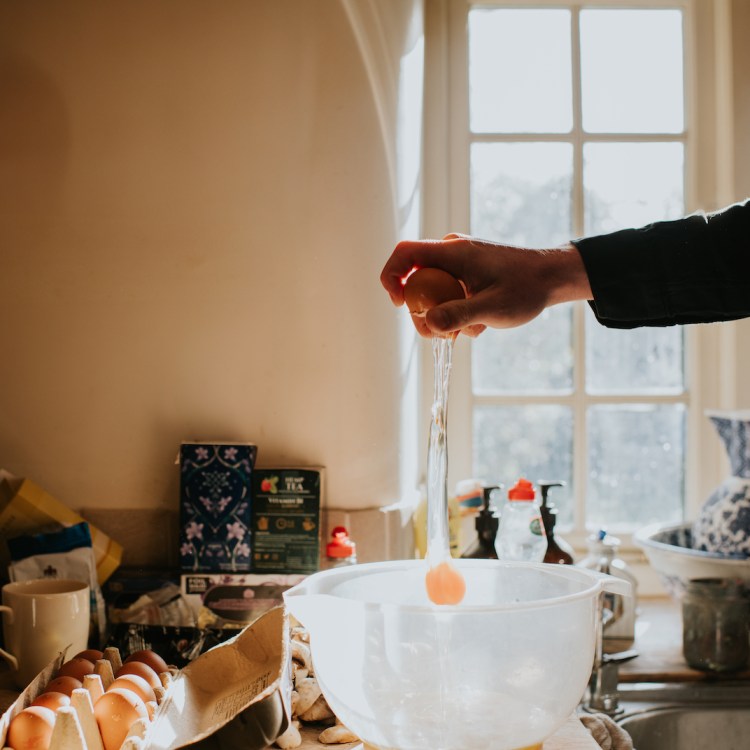When the accusations against Harvey Weinstein started raining down last fall, Nic Holmes, a father of one in Seattle, Washington, thought that it was good that society was in a place where people were being held accountable. But at the same time, he thought, “I can’t believe people still act like this or get away with this.”
The #MeToo movement has swept across the world the past year, and powerful men in multiple industries have been knocked down, including CBS’s Leslie Moonves, comedian Louis C.K., NBC’s Matt Lauer, and Amazon’s Roy Price.
But as prominent men reckon with the movement, the rest of society is also grappling. That includes single dads raising children who are left thinking about what this means for them, and for their kids.
The Movement
On October 5, 2017, The New York Times published three decades worth of sexual harassment allegations against film mogul Harvey Weinstein. The New Yorker followed with its own investigation, revealing three women who had accused Weinstein of rape. In total, 87 women have accused Weinstein of sexual misconduct, ranging from harassment to assault to rape.
Following these revelations, the #MeToo movement gained prominence in October 2017 thanks to a tweet from actress Alyssa Milano. However, the movement was actually created a decade before by Tarana Burke, the founder of Just Be Inc., a nonprofit organization that helps victims of sexual harassment and assault.
If you’ve been sexually harassed or assaulted write ‘me too’ as a reply to this tweet. pic.twitter.com/k2oeCiUf9n
— Alyssa Milano (@Alyssa_Milano) October 15, 2017
But after Milano’s tweet, social media was flooded with endless stories about a devastating truth: that nearly every woman or female-identified person, as well as non-binary individuals and a significant minority of men, according to AV Club, have been the victim of sexual harassment, assault or misconduct of some kind.
Single Dads and Their Kids
What the #MeToo movement hammered home for Holmes, who has a 12-year-old son, was the idea that a drunken indiscretion could come back years later and “can definitely ruin your life and that’s scary.” Holmes said he had started thinking about this before the movement, probably around the time there were a lot of stories about sexual assault on college campuses (he referenced the Brock Turner story).
“Wouldn’t be anything different if my son was a daughter,” the 33-year-old dad told RCL. “I would try to teach them that clearer heads prevail and try to give (situations) a fuller thought and don’t just think in the moment.”
As for giving his son the birds-and-the-bees conversation in the #MeToo era, Holmes, who has his son five-and-a-half days every week during the school year, said that it will start off as “a very scientific explanation.” But, he added, it will also be “really big into teaching open lines of communication about both consent and does it feel good, asking ‘Can we move forward?’ and if you don’t feel like you can talk about that, you aren’t mature enough.”
Eric B., a 41-year-old father to two young girls, also started to hear about the general idea of sexual misconduct before the #MeToo movement. He traces it back to when a tape of Donald Trump saying lewd comments about women leaked during the 2016 presidential campaign. He told RCL that he was “on the fence about it all” because he doesn’t necessarily understand “if that happened to you why would you keep your mouth shut.”
“MeToo has only made things more confusing, I don’t think it’s clarified anything for me at all,” said Eric, who has been separated from his wife since October 2017, and splits custody of his one-year-old and three-year-old daughters down the middle. In an RCL phone interview he added, “If you follow these stories the accuser gets second-guessed, the person being accused gets ridiculed — and a lot of times there’s nothing but hearsay, there’s no real proof and it makes it sad for both sides, I guess, and it’s sad for the side that’s in the right.”
Though the movement has made him think about these topics more, Eric B. is not sure it has greatly affected the way he plans to raise his daughters. As the father of girls, he told RCL, “I don’t want to see them objectified and hurt in that kind of way, so it would be something that have been on my mind since day one.” However, he did say that one thing he is now going to be sure to “pound and pound” into their minds is that they should not be afraid to come forward if something happens to them.
“If I had boys, it would be a much bigger thing in how I raise them to deal with girls, because there’s a little bit of me that would be like, ‘You have to be so careful because a you can’t behave a certain way and even if you don’t, if you upset the wrong woman she can make an accusation against you and — fair or not — it just seems to be accepted as the truth,” he said.
But Eric B. does wonder about how this movement will affect his own personal life, as he looks ahead to his own dating future.
“I do think of it in terms of life post-divorce and myself dating, and it scares me too much because my risk now is too great, I have two daughters and a false accusation against me right now and I could lose my daughters,” he told RCL. “I don’t know, it’s a scary thing to go date someone and wonder if they’re trying to play a game though or consensual sex could be turned into rape or other things.”
Teaching lessons learned
Forty-year-old Jonathan Barney, meanwhile, sees the MeToo movement as an extension of the “openness and carrying and compassion and freedom we’ve always tried to have with him.” Barney, a widower, has a nine-year-old son. Barney told RCL during a phone interview that he and his wife used to take their son to PRIDE parades and always taught him that “you have relationships with people and you respect them, a lot of that comes with communities that you’re a part of.”
“You don’t always need to have those straightforward conversations about relationships because to your child, your relationship is what’s normal,” Barney said.
Barney’s son is on the autism spectrum, which he explained means he will have to teach about consent and sex in a very concrete way. But Barney plans on utilizing his son’s school therapists, who were very helpful with explaining what was happening when Barney’s wife got cancer and passed away last September.
“I can be the support structure at home to reinforce what they teach at school,” Barney said.
Paul Wojoski, a 35-year-old father to a four-year-old, also plans on reinforcing positive lessons at home. Even the simple task of giving his son a bath can be a lesson in consent, he told RCL, and he makes sure to ask his son if he can wash him, always listening when his son says no.
“It seems really simple and it is really simple but trying to model consent and he can give or take away consent from me to touch his private parts,” Wojoski said during a phone interview.
Wojoski is also trying to deconstruct society’s gender roles for his son. He told RCL that he thinks the more society defines the “manbox and masculinity,” the more limited men become.
“(It becomes an) unwinnable game of men where we only receive praise for being the biggest or strongest or getting a sexual conquest,” said Wojoski, who also said that he is trying to recognize and honor his son’s emotional expressions, like letting him cry when he is sad.
Though his son is young, Wojoski has thought about how he is going to teach him about sexual assault and rape.
“Here’s how to protect yourself from being accused of rape — that’s how a lot of people think about it but that’s bad,” he said. Instead, he plans to teach his son: “Here’s how to have good loving relationships, here’s how to have good sexual relationships.”
As for the movement itself, Wojoski does think a lot of these ideas and thoughts have been affected by it. He also sees the movement as a good launching point for the conversations he plans to have with his son, and said it is “a lot easier to talk about it right now because of the movement.” For that reason – among others – he hopes the conversation continues over the years and “doesn’t hit the peak and die off.”
“Those incidents are open doors to talk about those issues, not directly Harvey Weinstein, or famous actress(es),” he said, “but at least they are open doors to the conversations.”
The Charge will help you move better, think clearer and stay in the game longer. Subscribe to our wellness newsletter today.
